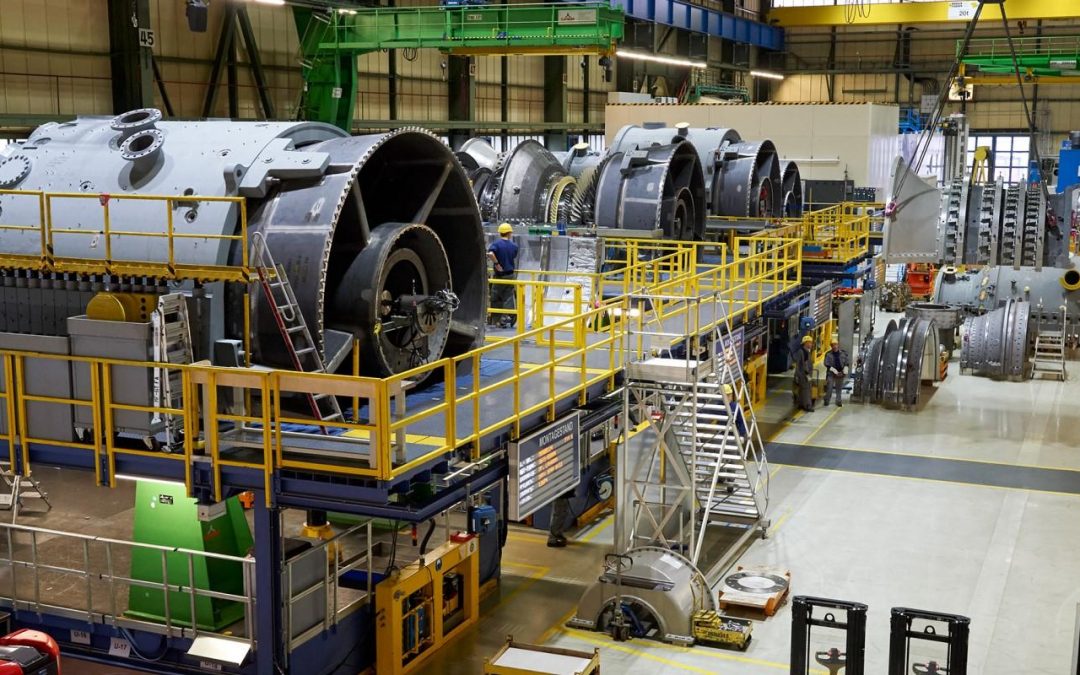Oil and gas giants Siemens Energy and Equinor have teamed up with Norwegian start-up Fieldmade to develop an on-demand 3D printing ecosystem for parts supply.
The joint industry project signed by Fieldmade, Siemens Energy, and Equinor could disrupt supply chains by cutting inventories while serving stakeholder interests.
The scope for the project is the development and implementation of a “digital inventory ecosystem” which the companies say will take care of the needs of users and the intellectual property (IP) concerns of OEMs.
Fieldmade CEO, Christian Duun Norberg said: “Additive Manufacturing (AM) has now developed to the point where we can print most of the critical parts the energy sector end-users like Equinor need. As long as there is a digital file of a part, we can reproduce it. This reduces the need for large spare part inventories, it increases the lifespan of equipment at risk of being obsolete, and greatly reduces the length of the supply chain and the potential length of down time.
The project is a proof-of-concept for a system which enables on-demand, small batch production of spare parts; once the system is proven, the hope is to include more OEMs and users.
“The hard part in this fundamental change to the way spare part supply chains are managed is ensuring that all parties interests are protected. Companies like Equinor want parts quickly and reliably; OEMs like Siemens Energy want to make sure their IP is protected, and that part-quality is assured. What makes this project unique is that we have successfully brought together OEM, manufacturing, and end user perspectives,” said Norberg.
Brede Lærum, Head of AM strategy and implementation at Equinor said: “AM and digital parts libraries will result in cost savings through smaller inventory volumes and reducing costs and risks of late life and obsolescence. As Equinor moves to zero carbon and increases its renewables presence, reducing the environmental impact of equipment production and the transport of parts through the supply chain will become increasingly important.”
Source: Seatrade Maritime





